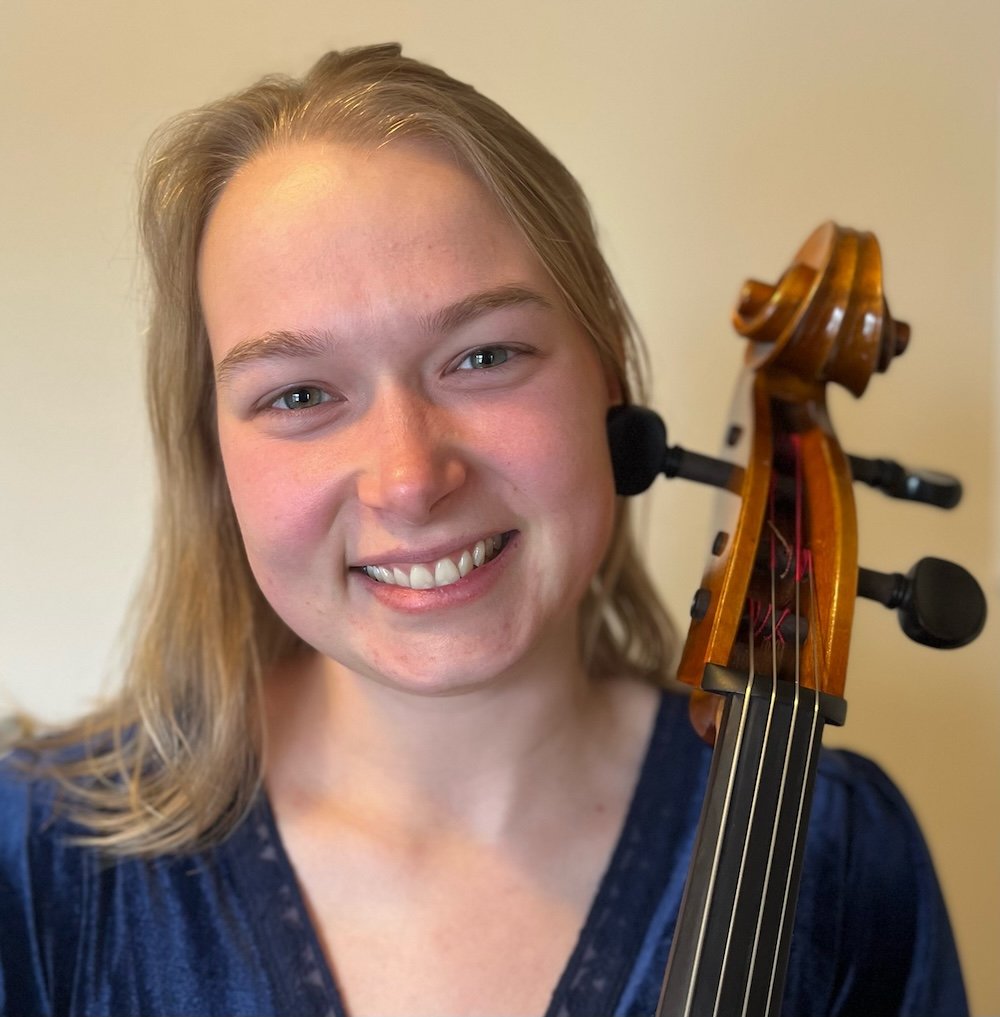Cello Lessons with Alexandra M.
Alexandra is a cellist based in Salt Lake County, but was born and raised near Portland, Oregon. Her orchestral and chamber experience began back in her teens when she was accepted into the prestigious Portland Youth Philharmonic. In 2023, she received bachelor’s degrees in cello performance and biology from the University of Utah. Her mentor was Pegsoon Whang, a Curtis Institute graduate and longtime member of the Utah Symphony. In her time at the University of Utah, she was awarded several scholarships and honors, including a position in both the Mount Olympus Waters Honors quartet and OC Tanner Honors quartet. She was the U’s lead collaborative cellist, participating in several vocal, percussion, new music, and compositional seminars and recitals. Outside of her collegiate accomplishments, Alexandra has participated in several local organizations and projects, including the Salt Lake Symphony, the University of Utah’s production of Spring Awakening, and the premier of “Marking the Land,” a newly composed vocal solo accompanied by string quartet. She is currently preparing to audition for graduate school in cello performance, and works as a freelance cellist and cello teacher.
Alexandra’s teaching methodology is centered around Paul Rolland’s pedagogical practices; encouraging personal exploration of an instrument’s capabilities, associating healthy playing form with comfort, and exposing the student to collaborative playing early on. To instill the importance of personal discovery of the cello’s musical capacities, she encourages her students to experiment with the instrument and reminds them that mistakes are a sign of growth. She believes that this environment helps nurture a proper technical form that is comfortable and healthy, because it is refined from the student’s instinctive approach to the instrument. Just as comfort is crucial to a student’s physical health, Alexandra believes that the comfort of familiarity with ensemble playing leads to greater awareness and confidence. To help her students contextualize the role their playing fulfills, she plays duets with her students during their lessons, allowing them to personally witness their musical importance while also collaborating with an equally important voice.


